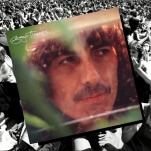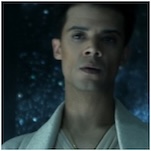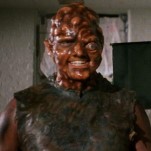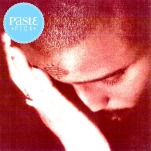Natalie Bergman Steps Into the Light on My Home Is Not In This World
The Wild Belle frontwoman’s second solo LP reveals a musician emerging from the darkest beginnings of grief a little lighter than she was on her last record, determined now to treasure the love that she’s got.
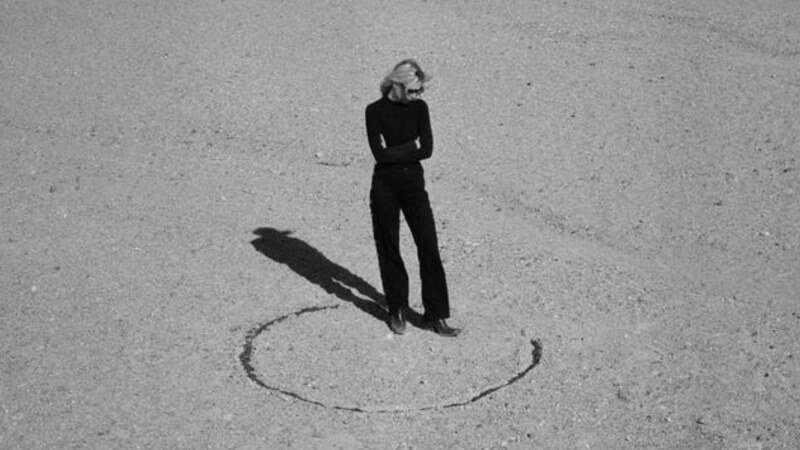
Bearing traces of both the colorful hope of soul music, as well as the wistful, aching heart of country, My Home Is Not In This World, Natalie Bergman’s second album as a solo artist, does not stretch the limits of convention, nor does it set out to. It prefers instead to reach back for musical inspiration, to lift sounds out of earlier decades and to combine them into something new but resolutely familiar. The record is self-consciously planted in a sepia-tinged yesteryear, a beautiful, slow-moving work designed to offer both the artist and her listeners a moment to unplug from the blue-lit coolness of the digital contemporary and to luxuriate in the analog warmth of an idealized past. That is both its strength and, to a lesser extent, its weakness.
The title, My Home Is Not In This World, is a reference to Bergman’s alienation from the digital reality that we are all forced to maneuver through today. She has said so explicitly, remarking that the album, which was recorded onto tape, “represents my desire to not be a part of what’s going on digitally. I was trying to be the antithesis of a lot of modern music.” The past is endlessly fascinating, as is its music; it is inevitable that artists luxuriate in and use it to shape their own work. That is often a joyous thing, but in My Home Is Not In This World, there are moments where the longing for the way things once were can begin to feel faintly uncomfortable. It works best when it takes note of the beauty to be found in the present.
It sets its stall out early. The first song, “Lonely Road,” begins with a slow, ponderous drum intro, which offers a clue to the laid-back tempo that the rest of the album will sway along to, before Bergman’s voice, and its unique affectation, begins to lament, “I take the lonely road baby / If I can’t have you / I spend my days alone darling / If what you said is true / I will never, ever find another man like you.” Bergman’s lyrics, throughout both her solo career and her time in Wild Belle (the band she shares with her brother Elliot), are rarely challenging, but their very simplicity can itself be what’s attractive. On this record in particular, where the music is so warm and so wistful, that rule holds especially true. Complex stories and sentiments would probably prove jarring against sun-bleached music as gentle as this. This project is not meant to be difficult. It represents an opportunity to sit with some bare fundamentals: love, longing, loss, and hope.
Her opening words to the track “Dance,” a gently groovy song built over a dreamy, wavering organ, are admirably clear: “Baby, when I see your smiling face / Oh, it really makes me happy.” The experience of love can be a challenging endeavor at times, and our art often seeks to grapple with that. But it can be utterly simple, too, and the clarity with which Bergman expresses the joy of seeing a loved one smile here is blissfully uncomplicated. It doesn’t need to be more than that. On “You Can Have Me,” Bergman, singing over a piano and the gorgeously warm rise and fall of a bass, addresses her love, who is easily distracted by the false promise of all the wonderful, pretty things in life that they perceive around them but will never realistically claim. This person has become consumed by fantasies of fame, awards, and vintage Cadillacs, warped, perhaps, by the seductive algorithmic dreams that spew forth from our devices every day, infecting our minds and never allowing us to find peace with what we’ve actually got. But, through the song, she reminds her love that, while they can’t have everything, they can have her. That is enough.
-

-

-

-

-

-

-

-

-

-

-

-

-

-

-

-

-

-

-

-

-

-

-

-

-

-

-

-

-

-

-

-

-

-

-

-

-

-

-

-

